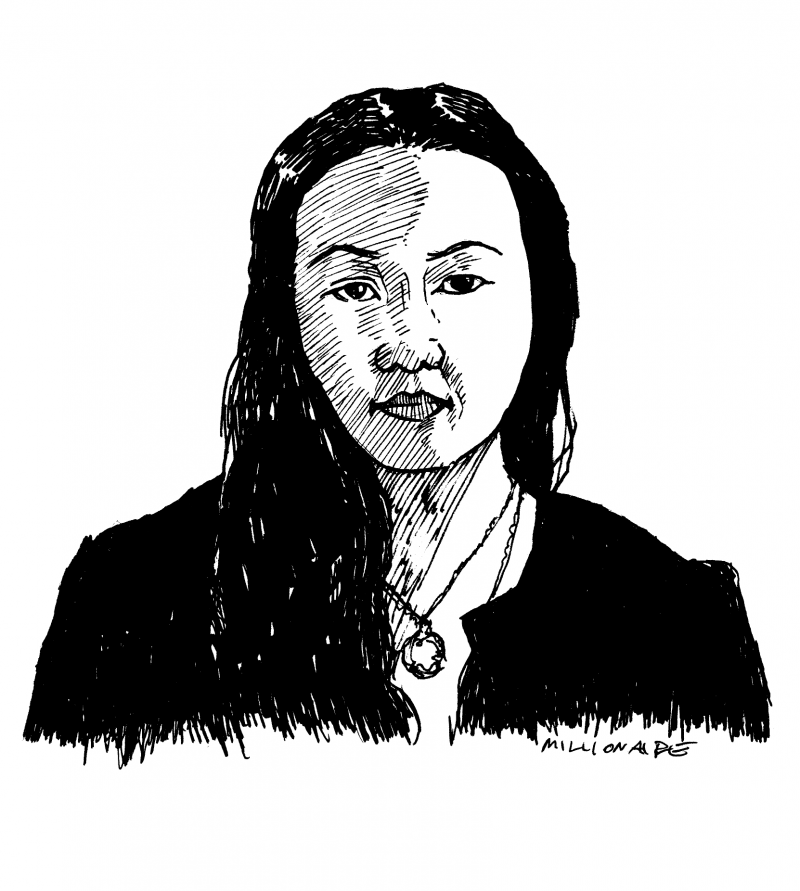When I requested an interview with Hanya Yanagihara she politely acquiesced under the condition that we converse via email. “I’m afraid I’m not terrifically articulate in interviews (they make me nervous),” she wrote, “so am sticking to email Q&As for now.”
This seemed an appropriate request from an author who wrote both of her novels, The People in the Trees and A Little Life—books peopled with central characters who are elusive and evasive, even to those closest to them—in secret, although under radically diametric time frames. (The People in the Trees took eighteen years; A Little Life, only eighteen months.) “Send the first batch whenever,” she told me. “That way, I can start working on it in quieter moments and give thorough responses.” To my initial list of twenty-five queries, she returned more than five thousand words.
Like the language in her books, her answers were detailed, cinematic, and generous; she is voluble on the page. Yet I admit what drew me to Hanya was her background. She had lived in Hawaii, as I have, and we graduated from the same high school; we have friends in common. But while our paths never crossed at home, years ago I saw Hanya speak in Brooklyn, and in person she seemed neither inarticulate nor nervous.
Sharply intelligent and casually mordant, she exhaled her thoughts without pause or effort. She searched for words, perhaps out of instinctive protection, only when talking about her best friend, Jared Hohlt, who is the print editor of New York magazine and was her sole reader during the writing process of both of her novels. After Hanya revealed to the crowd that Hohlt never cried while reading A Little Life, the woman next to me quite seriously exclaimed, “Monster!,” as if only a sociopath could come away from this book tearless.
Mercifully, my interview with Yanagihara was less traumatic than the experience of reading A Little Life, which, for me, was absorbing but emotionally draining. Hanya’s acuity and corrosive wit permeated her answers. We discussed her childhood, writing versus editing, and, most endearingly, Norman Hindley, our now-departed English teacher who taught us both, many years apart, at our high school in Hawaii. —Alexis Cheung
I. THE PURGATORY OF ADULTHOOD
THE BELIEVER: What was your childhood like?
HANYA YANAGIHARA: I was born in Los Angeles, and then we started moving: to Honolulu, to New York, to Baltimore, to Irvine, back to Honolulu, to a small town in Texas. I didn’t mind moving—children are mostly accepting of the life given them, and it wasn’t until I was in my twenties that...
You have reached your article limit
Sign up for a digital subscription and continue reading all new issues, plus our entire archives, for just $1.50/month.
Already a subscriber? Sign in





